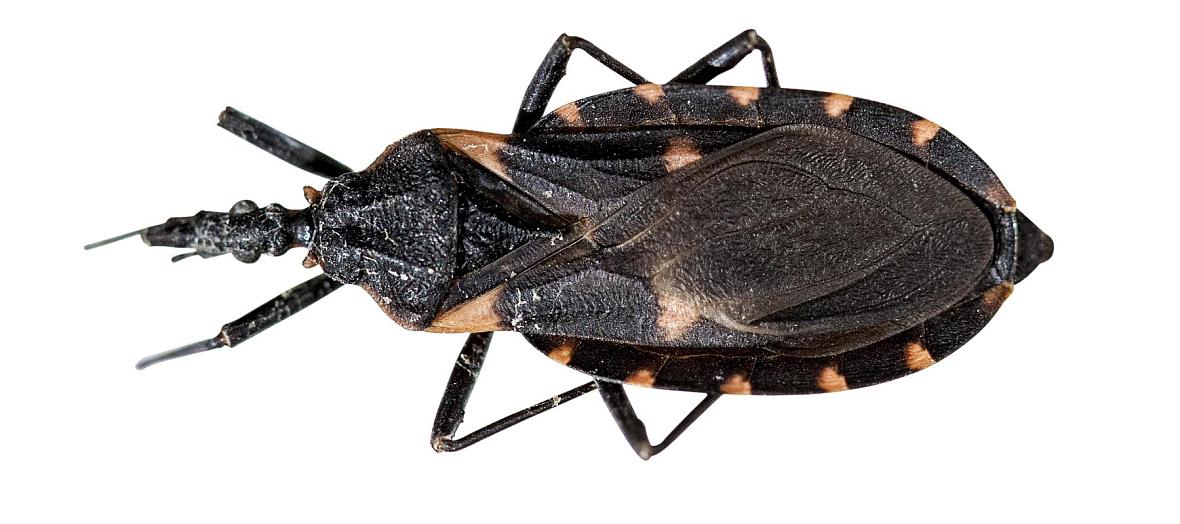Seven scourges of the tropics have arrived on Texas soil
Dr. Seema Yasmin’s reporting on this project was undertaken as a National Health Journalism Fellow at the University of Southern California’s Center for Health Journalism. Yasmin, a physician and former CDC epidemiologist, is a reporter at The Dallas Morning News and a professor of public health at the University of Texas at Dallas.
Other stories in the series include:
Hidden Threat: Blood supply system lacks key safeguards against dreaded Chagas disease
Hidden Threat: The Kissing Bug is spreading an exotic, bug-borne infection in Texas

Chagas disease stems from a parasite spread by the blood-sucking kissing bug — so-called because the bug likes to bite us on the face around the lips and eyes.
The names are tongue twisters and sound exotic. But don’t be fooled.
These seven tropical diseases are closer to home than you think. Lurking in your Dallas-area backyard is Chagas disease, caused by a parasite that infects more than 300,000 Americans. The disease can cause heart failure and death in humans and dogs and is often missed by doctors. Or maybe you live near a typhus hot spot such as Houston? Spread by rat-biting fleas, typhus causes headaches, fever, chills and a rash.
Farther north, close to the Oklahoma border, Texans have been plagued by skin boils and sores caused by a disease called leishmaniasis — also known as the Baghdad boil. Many have suffered for years because doctors have misdiagnosed them with staph infections and given them the wrong treatment.
You’ve already heard of West Nile virus, another tropical disease that has strong-armed its way into Texas. West Nile virus has infected close to 5,000 Texans since 2002. But the real number of humans infected is probably 25,000, since about 80 percent of people who are infected don’t show symptoms.
Now get ready to meet two new tropical diseases on their way to you. Dengue and chikungunya are viruses spread by mosquitoes. Common in the Caribbean and South America, they’re being lured to the U.S. by a combination of rising temperatures and poverty.
Don’t expect your doctor to save you from these tropical diseases. Medical students spend a few days learning about this group of infections, and studies show that many health care providers in Texas and the U.S. are unaware that these infections are here or on their way.
Americans living with diseases such as Chagas can go undiagnosed for many years, by which time the infection can cause irreversible damage to the heart.
[This story was originally published by The Dallas Morning News.]
